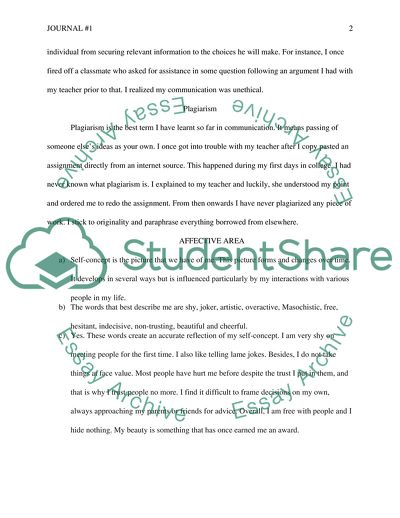Cite this document
(Interpersonal Communication And Ethical Choices Assignment, n.d.)
Interpersonal Communication And Ethical Choices Assignment. https://studentshare.org/journalism-communication/1841151-journal-1
Interpersonal Communication And Ethical Choices Assignment. https://studentshare.org/journalism-communication/1841151-journal-1
(Interpersonal Communication And Ethical Choices Assignment)
Interpersonal Communication And Ethical Choices Assignment. https://studentshare.org/journalism-communication/1841151-journal-1.
Interpersonal Communication And Ethical Choices Assignment. https://studentshare.org/journalism-communication/1841151-journal-1.
“Interpersonal Communication And Ethical Choices Assignment”. https://studentshare.org/journalism-communication/1841151-journal-1.


